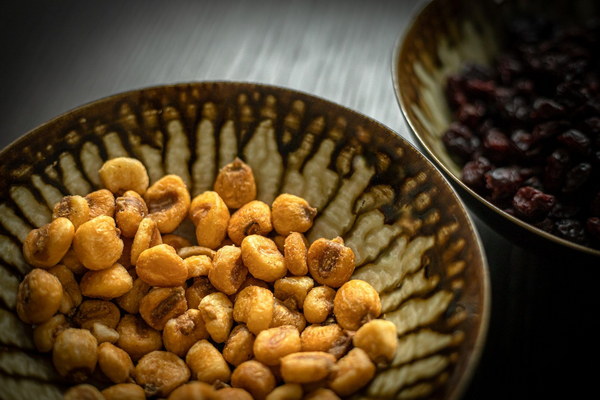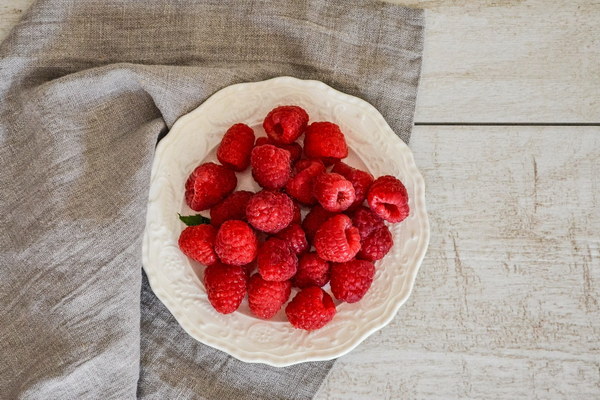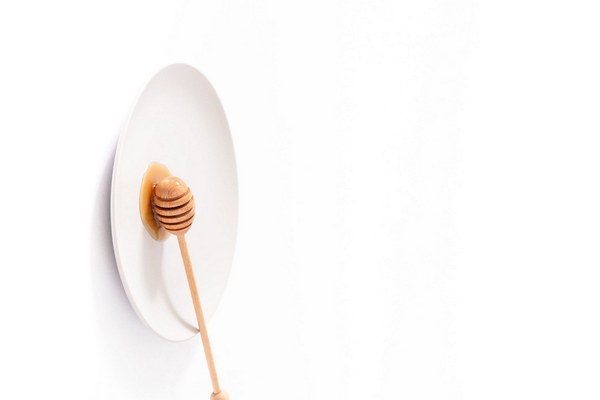Unlock the Secrets of Traditional Chinese Medicine Discover the Best Herbs for Dampness Relief and Weight Loss
In the realm of traditional Chinese medicine (TCM), the concept of dampness is a common underlying cause of various health issues, including weight gain. TCM views the body as a harmonious system, where the balance of Yin and Yang is crucial for maintaining overall health. By addressing dampness and promoting the flow of Qi (vital energy), TCM aims to alleviate symptoms and improve well-being. This article will explore the best Chinese herbs for dampness relief and weight loss, providing insights into the science behind these ancient remedies.
1. Coptis Chinensis (Huang Lian)
Coptis Chinensis, also known as goldthread, is a potent herb that helps to clear heat and dampness in the body. It is often used in TCM formulas to treat damp-heat conditions, such as acne, eczema, and weight gain. The active compound berberine in Coptis Chinensis has been shown to have anti-inflammatory and fat-burning properties, making it an effective choice for weight loss.
2. Poria (Fu Ling)
Poria is a versatile herb that is commonly used to drain dampness and aid in digestion. It is believed to help reduce fluid retention and improve metabolism, thereby promoting weight loss. Poria is also known for its ability to boost the immune system and enhance energy levels, making it a valuable herb for overall health and well-being.
3. Astragalus (Huang Qi)
Astragalus is a well-known immune-boosting herb in TCM. It is also used to strengthen the body's defense against dampness and support the spleen and lungs. By promoting the flow of Qi and improving digestion, Astragalus can help reduce dampness and alleviate weight gain. Additionally, it may help to increase energy levels and reduce fatigue, making it easier to maintain a healthy lifestyle.
4. Paeonia Lactiflora (Bai Shao)
Paeonia Lactiflora, or white peony, is a popular herb used to regulate the blood and relieve pain. It is also beneficial for dampness-related issues, including weight gain. The herb is believed to help break down fat deposits and improve metabolism. Paeonia Lactiflora is often combined with other herbs to create personalized formulas for weight loss and dampness relief.
5. Forsythia Suspensa (Lian Qiao)
Forsythia Suspensa is an herb known for its ability to clear heat and dampness. It is often used to treat damp-heat conditions, such as skin issues and weight gain. The active compound forsythoside in Forsythia Suspensa has been shown to have anti-inflammatory and fat-burning properties, making it an excellent choice for weight loss and dampness relief.
6. Alisma Orientalis (Ze Xie)
Alisma Orientalis, or oriental water plantain, is a diuretic herb that helps to drain dampness and relieve swelling. It is believed to improve digestion and boost metabolism, which can lead to weight loss. Alisma Orientalis is also known for its ability to lower blood sugar levels, making it beneficial for those with insulin resistance or diabetes.

When using Chinese herbs for dampness relief and weight loss, it is essential to consult with a qualified TCM practitioner. They can provide personalized recommendations and ensure that the herbs are appropriate for your specific health needs. Additionally, a holistic approach that includes diet, exercise, and stress management is crucial for achieving long-term weight loss and overall well-being.
In conclusion, traditional Chinese medicine offers a wealth of knowledge when it comes to dampness relief and weight loss. By incorporating these natural remedies into your wellness routine, you may find relief from dampness-related symptoms and achieve your weight loss goals in a safe and effective manner. Remember to consult with a TCM practitioner before starting any new treatment, and make sure to maintain a balanced lifestyle for the best results.









